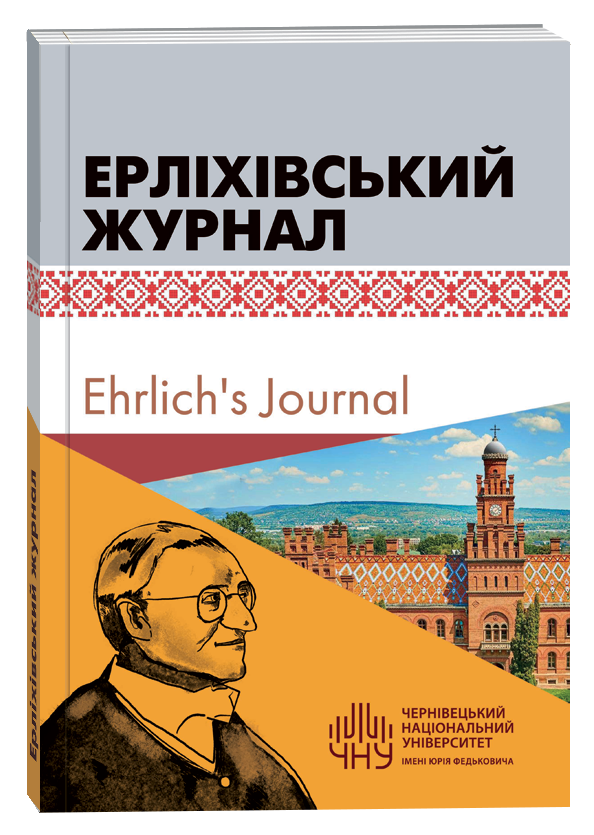DEBATE AS AN INTERACTIVE TEACHING METHOD IN TRAINING OF JUDGES
Keywords:
debate; interactive teaching methods; judge education; communication; experience.Abstract
The article highlights the role of the reform of judicial education, which should contain not only knowledge of material and procedural law, but should help judges understand the social context of the cases they are hearing, foresee the consequences of their decisions for both – the individual and the society as a whole. The author notes that the replacement of traditional academic teaching methods in the form of lectures on modern interactive teaching methods, among which the debate takes place, promotes the phronetic understanding of law, its understanding as a living interpersonal communication, an integrated social system based on mutual communication between the participants of such communication. In such a process, the legal text becomes a matter that lives in communicating between people; it is able to acquire the same infinite number of varieties, as there are thoughts, emotional experiences and worldviews. In the author’s opinion, the narrativity of the debate as an interactive method in training of judges is a part of practical experience, which, on the one hand, encompasses knowledge, skills and instructions, but on the other hand, it is discursive and intersubjective – it requires a constant communication between the teacher and the audience, characterized by the willingness to hear others and change oneself, to improve one’s qualification and professional level. Debates which are aimed at clarifying the content and developing a common position, opinion, assessment or norm, in turn, form experiential forms of communication that allow during the learning to develop collective decisions, the commitment of which is perceived by each participant meaningfully and voluntarily.
References
Антонов М. В. Критика нарративной юриспруденции в работах Бьярна Мелкевика. Правоведение. 2012. № 1. С. 33–36.
Бути суддею / ред. Л. Денисенко, О. Сироїд, І. Фадєєва, О. Шаповалова. К., 2015. 216 с.
Інтерактивні методи навчання: навчальний посібник / за заг. ред. П. Шевчука і П. Фенриха. Щецін: Вид–во WSAP, 2005. 170 с.
Сімоненко В. Інноваційні методики у підготовці суддів. Слово Національної школи суддів України. 2014. № 1(6). С. 108–111.
Фулей Т.І. Інтерактивні методи навчання у підготовці суддів: навчальний посібник для викладачів (тренерів). К.: ФОП Клименко Ю. Я., 2017. 156 с.
Фуллер Л. Л. Анатомія права / пер. з англ. Н. Комарової. К.: Сфера, 1999. 232 c.
Страшун Б. А. Десять лет конституционных прав и свобод. Журнал российского права. М.: Норма, 2003. № 11. С. 33-42.
Scott Sophia. Perceptions of Students’ Learning Critical Thinking through Debate in a Technology Classroom: A Case Study. The Journal of Technology Studies. Volume XXXIV, Number 1, Spring 2008. P. 39–44.
Москвич Л. М. Особистісні якості судді в системі забезпечення ефективності судової системи. Держава і право. 2009. Вип. 45. C. 201–207.







